In a guest post on outsidewrite.co.uk, Tony Hughes of the Golden Samba blog describes his trip to Sweden to watch 1979 European Cup finalists Malmö FF take on IFK Göteborg.

It is great to read a football fan from another club with great experience visiting our home field, and an important home game to check how our club and our fans are doing in an international comparison.

The game Tony Hughes visited was Malmö FF vs. IFK Göteborg – Scandinavia’s very own Classico. It’s Sweden’s two most successful clubs feuding over history. Malmö have the edge in terms of domestic titles, and famously reached the European Cup final in 1979. Göteborg are not far behind though, and are the only Nordic club to have won a European competition having won the UEFA Cup twice in the 80s. Despite being nearly 300km apart, this is as fierce as any derby in Europe and made for a mouth-watering introduction to Swedish football.

Malmö is a special club that transcends football. Their spirit is refreshing. With affordable flights from the UK to Copenhagen, €20 match tickets, and a 24-hour train service, take a trip across the bridge to experience this hidden gem of European football.

Read the entire excellent article here.
Article: Malmö FF: Football is more than football
Source: outsidewrite.co.uk
Yesterday and today I am in Riga, Latvia across the Baltic Sea from Sweden. I really like this city, which is the largest city of the Baltic States.
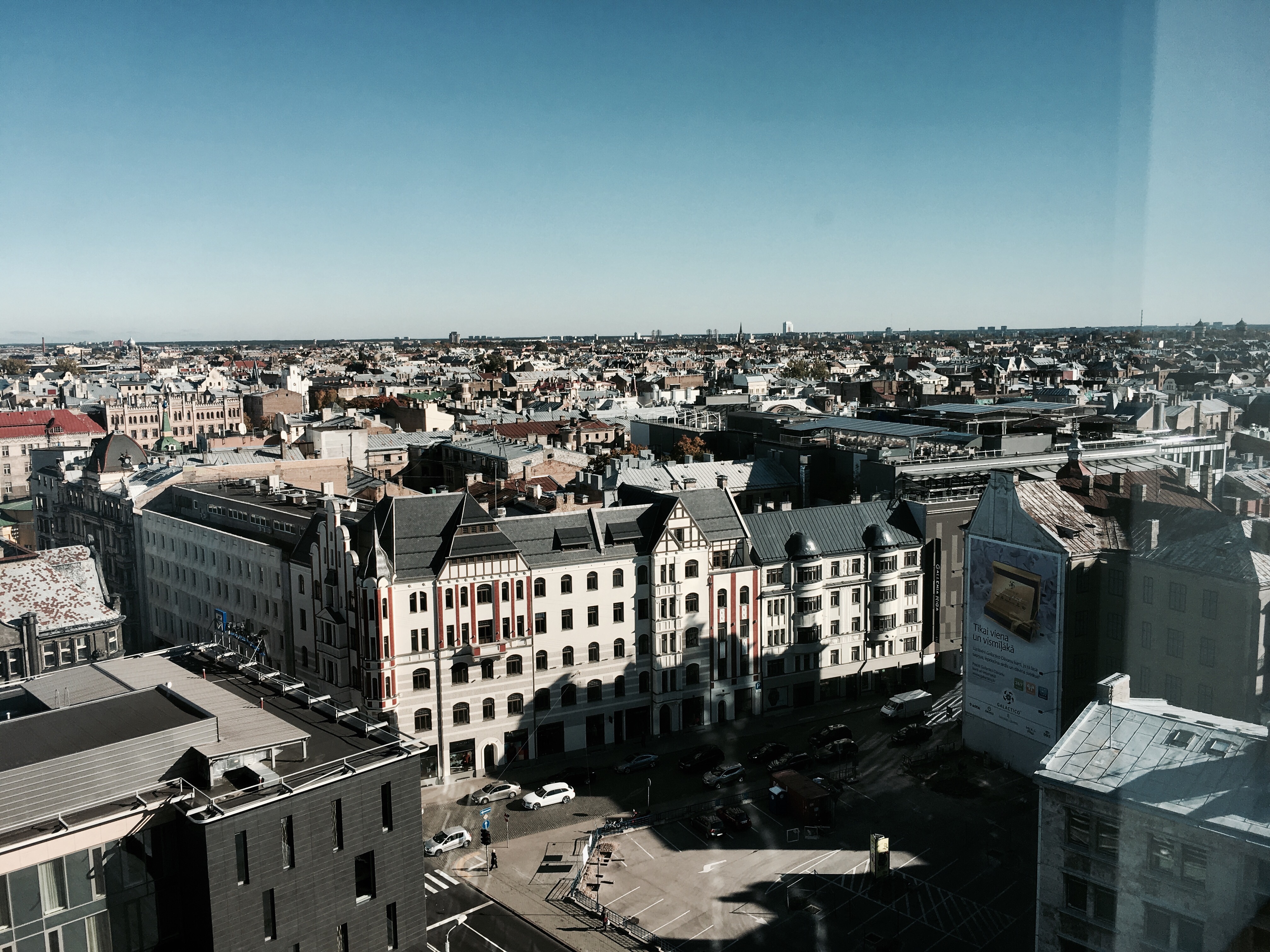
Riga is a beautiful city and I have a lot of friends here.
We Swedes have always been very close to our brothers and sisters on the other side of the sea. For centuries the ties between our countries have been excellent.
I personally enjoy the mentality here and in all of the Baltic States. I feel at home here.
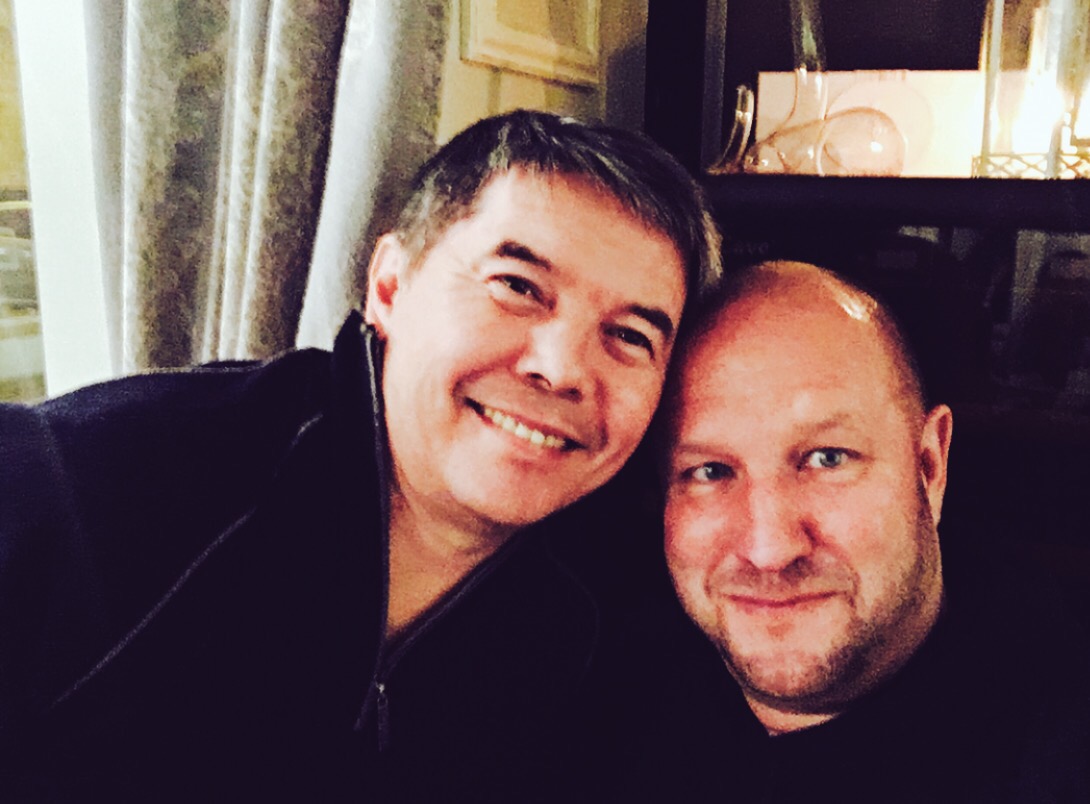
Great meetings and I also got a chance to catch with an old friend of mine who now lives here.
This week we will learn who receives the Nobel Prize in litterature. Seven Swedes have since the start of the prize – 1901 – won the prize over the years, namely: Selma Lagerlöf, Verner von Heidenstam, Erik Axel Karlfeldt, Pär Lagerkvist, Eivind Johnson, Harry Martinson and Thomas Tranströmer.
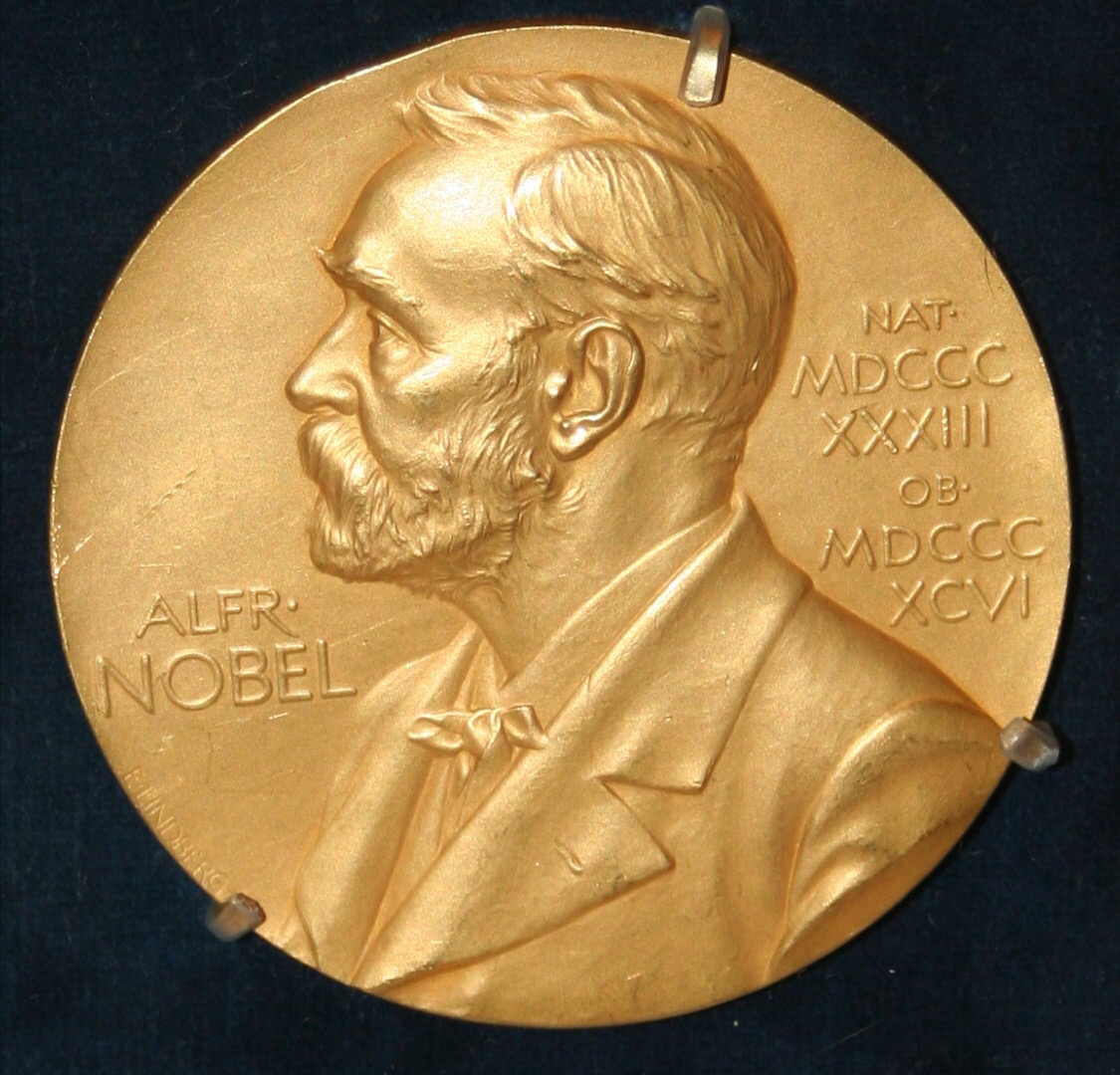
Out of this group of giants my personal favourite is Thomas Tranströmer, one of the best poets ever.
However our best writer will never win the prize, since it is not awarded posthumously. This has though occurred twice against the rules when the 1931 Literature Prize was awarded to Erik Axel Karlfeldt, and the 1961 Peace Prize awarded to UN Secretary General Dag Hammarskjöld. Since 1974, laureates must be thought alive at the time of the October announcement.
Astrid Lindgren (1907-2002) is in my opinion our best wrter ever and she has certainly sold more books and had impact on more people than sny other individual writer. The reason? She wrote childrens’ books.
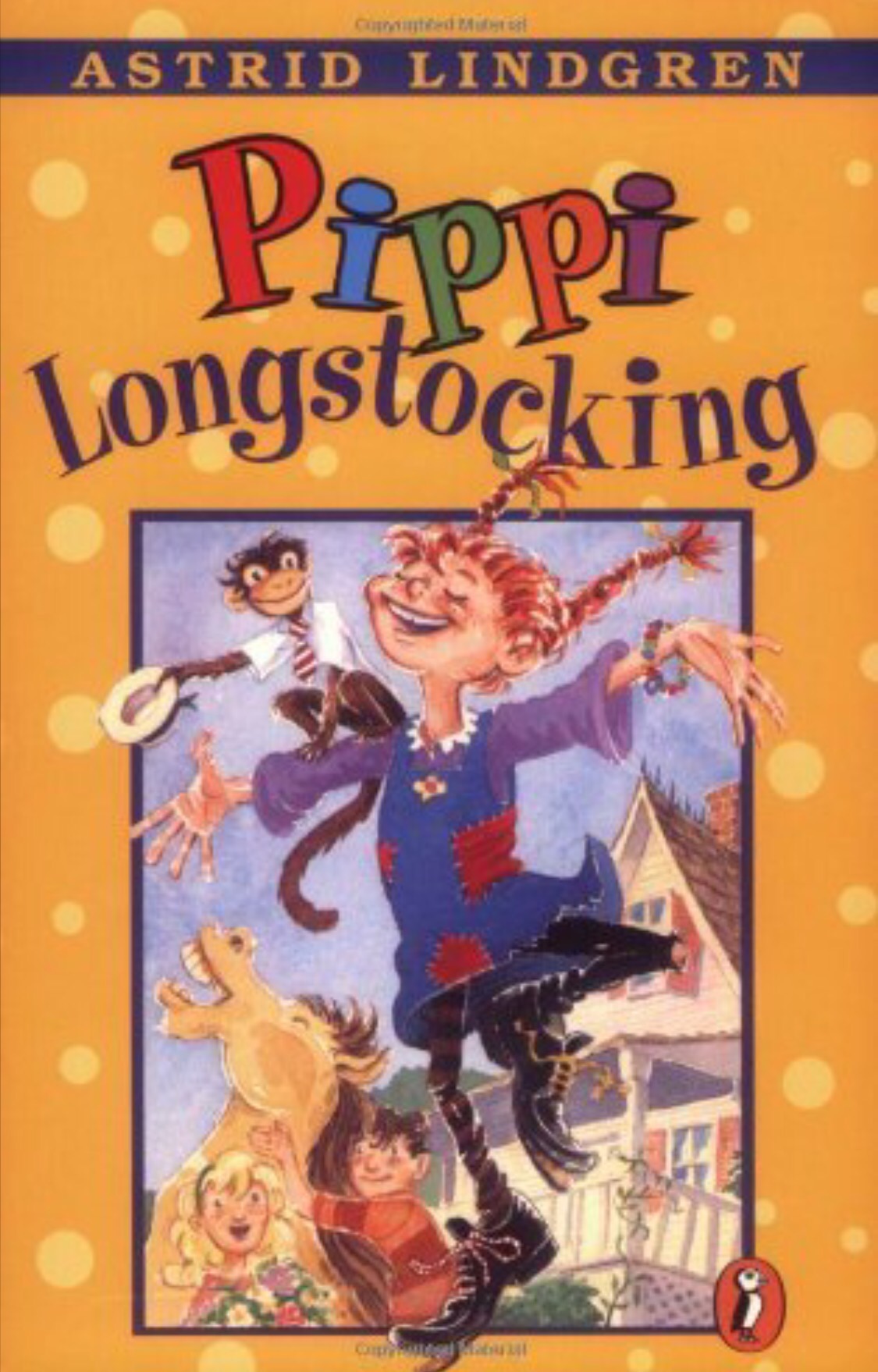
But Astrid Lindgren was so much more than a best-selling author of children’s books like Pippi Longstocking. She was also an important opinion former who helped unseat a Swedish government, influenced changes in the law and even inspired anarchists.

Astrid Lindgren is the eighteenth most translated author in the world, and one of the most well-known Swedish authors.
She became an author relatively late in life, and an influential voice on everyday issues even later. Because of her popularity, people listened to what Lindgren had to say.
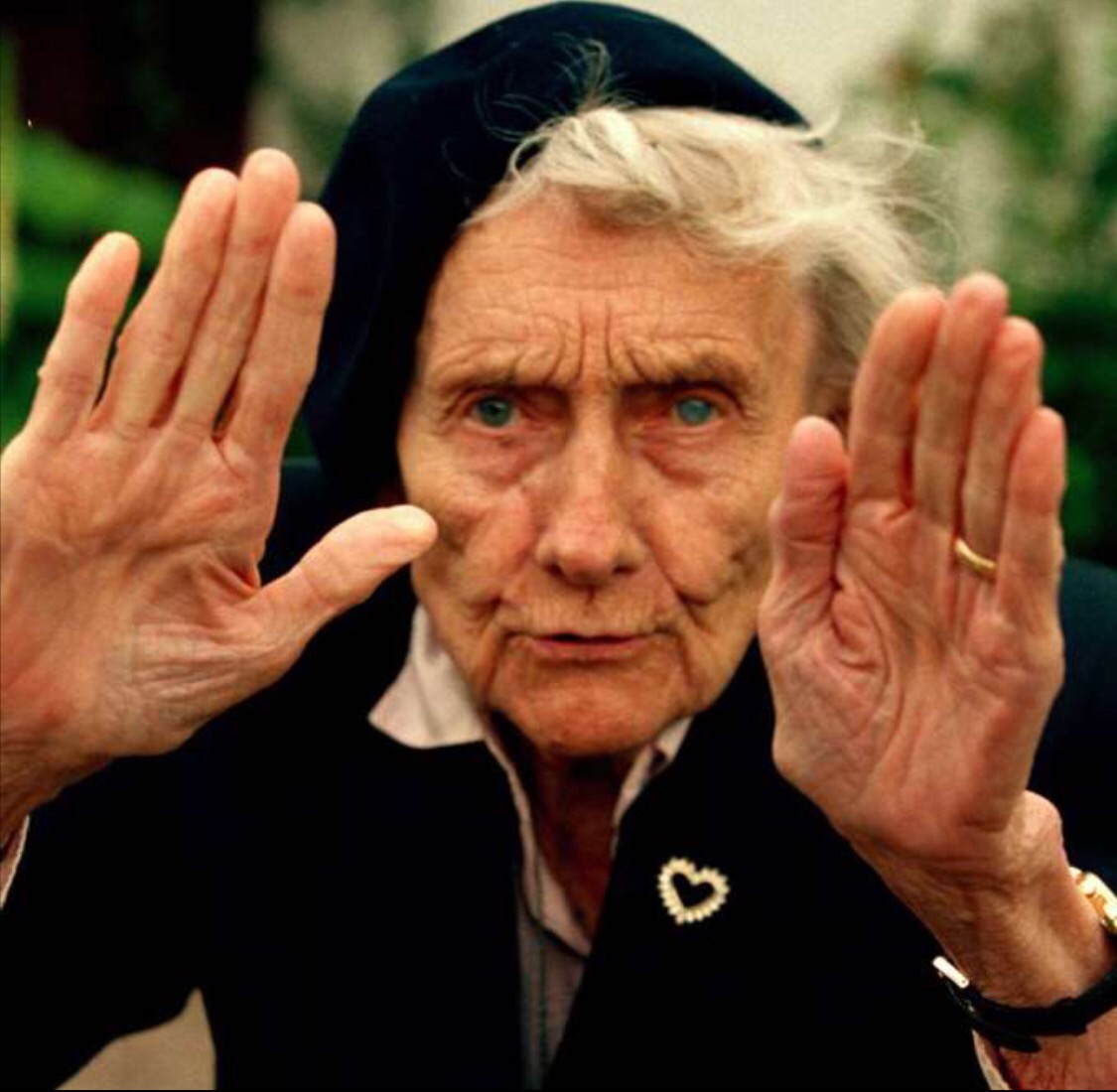
Lindgren talked about everything including politics. However she also turned her common sense, sharp mind and clarity of expression to the issue of violence against children. Here she used her acceptance speech for the Peace Prize of the German Book Trade, which she was awarded in 1978, as the platform for her views.
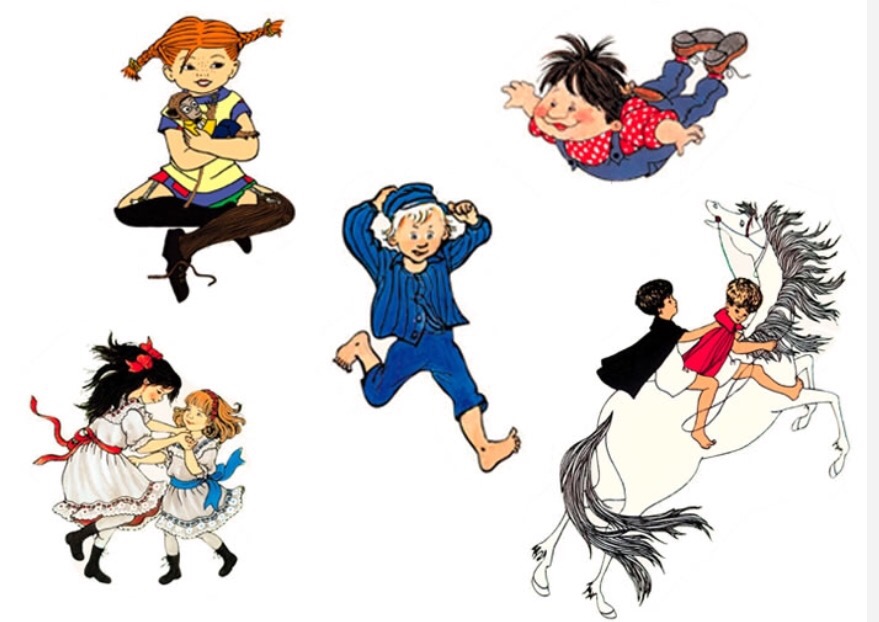
The essence of the speech was that if children are brought up with violence, chances are that they will use violence when they grow up. And if they are people with power, this may be very dangerous.
The speech generated a great deal of attention in Sweden, Germany and further afield, and was one factor behind Sweden becoming the first country to ban the smacking of children in 1979. Lindgren’s involvement also caught the attention of the victims; after the speech, two boys in foster care in Germany ran away and turned up on her doorstep in Stockholm. Lindgren helped send them back and ensured that they were well treated from then on.
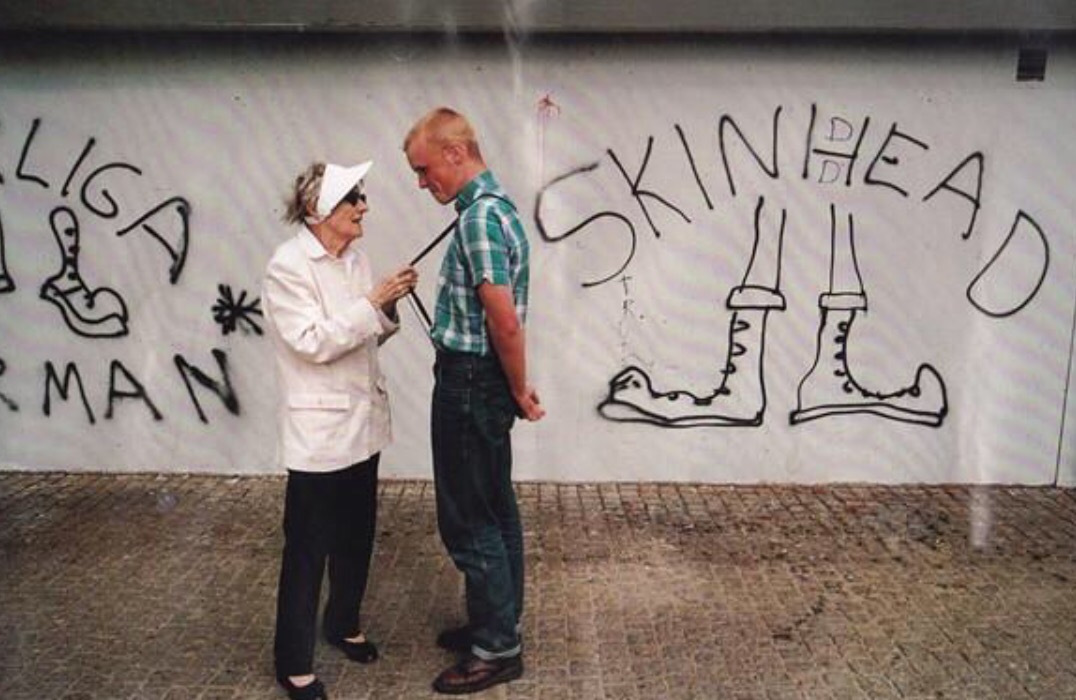 Lindgren lecturing a skinhead on a Stockholm street
Lindgren lecturing a skinhead on a Stockholm street
Lindgren’s drive to protect the powerless from the powerful also extended to animals, and she became a high-profile advocate of the prevention of cruelty to animals. ‘She was not a vegetarian, but she knew that if we are to keep our humanity, we have to treat other living beings with respect’, Törnqvist says.
Lindgren’s campaign, started as a reaction against industrial-scale farming, stirred up public opinion and led to the government announcing the so-called Lex Lindgren animal welfare law as an eightieth birthday present for the author.
Lindgren’s legacy to Sweden is a long row of much-loved books and charachters like e.g; featuring Pippi Longstocking, Emil in Lönneberga, Karlsson-on-the-Roof, the Six Bullerby Children (Children of Noisy Village in the US), as well as the children’s fantasy novels Mio min Mio, Ronia the Robber’s Daughter and The Brothers Lionheart. Having said that, her engagement and attitude also helped change the laws of our country in a range of areas. Because Astrid was an activist before people even knew what the word meant.

Astrid touched the everyday Swede. There was a combination of common sense, straightforwardness and warmth in everything she did, which made her unique.
Lindgren has sold roughly 144 million books worldwide.







You must be logged in to post a comment.